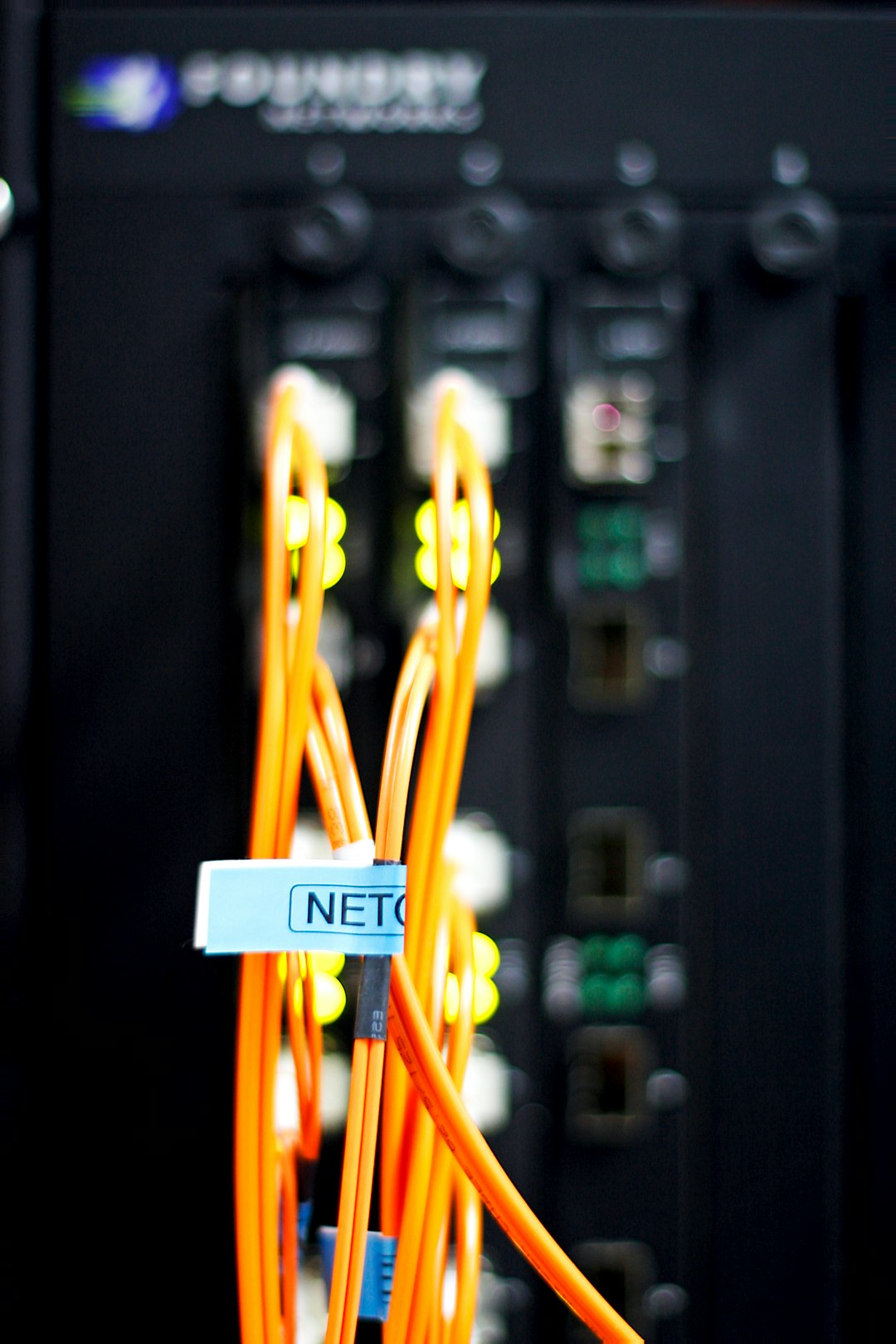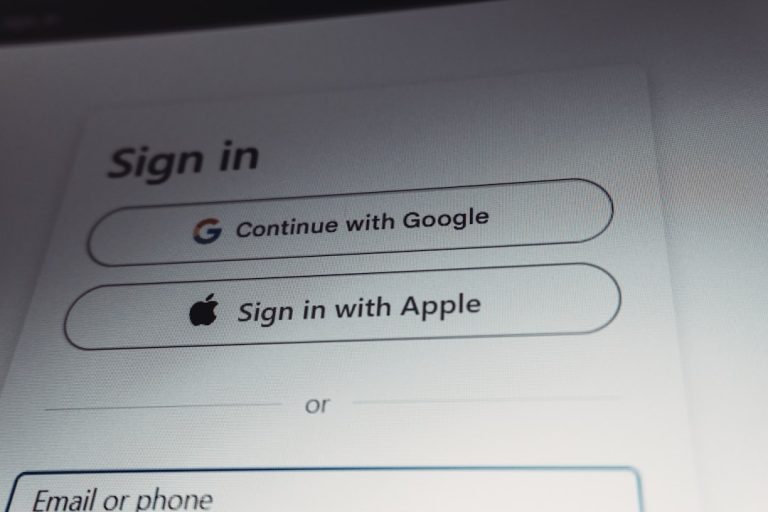Virtual Private Networks, commonly referred to as VPNs, are essential tools for ensuring secure and private connections over the internet. They allow users to transmit data across public or shared networks as if their devices were connected directly to a private network. This functionality is made possible through a combination of advanced technologies that protect user data and preserve anonymity.
VPNs work by creating a secure and encrypted “tunnel” between a user’s device and a VPN server. Multiple technologies are involved in this process, each contributing unique aspects of security, performance, and compatibility.
Technologies Used in VPNs
The following are the primary technologies and protocols that power VPN services:
1. VPN Protocols
VPN protocols dictate how data is routed through the connection. Different VPN providers use varied combinations of these protocols depending on the desired balance between speed and security.
- PPTP (Point-to-Point Tunneling Protocol): One of the earliest VPN protocols, PPTP is fast but lacks strong security features. It’s mostly deprecated now due to vulnerabilities.
- L2TP/IPsec (Layer 2 Tunneling Protocol with IPsec): Offers better security than PPTP by combining the tunneling capabilities of L2TP with the encryption features of IPsec.
- OpenVPN: Known for its balance between security and speed, OpenVPN is open-source and highly configurable. It uses SSL/TLS for key exchange.
- IKEv2/IPsec (Internet Key Exchange version 2): Known for its stability and performance, especially on mobile devices. It automatically reconnects when a connection is interrupted.
- WireGuard: A modern VPN protocol that’s fast, lightweight, and uses strong cryptography. Gaining popularity due to its simplicity and high security.

2. Encryption Technologies
Encryption is critical to making VPNs secure. It ensures that any data transmitted through the VPN tunnel is unreadable to anyone intercepting it. VPNs typically use:
- AES (Advanced Encryption Standard): AES-256 is frequently used due to its high level of security and resistance to brute-force attacks.
- RSA: Used for secure key exchange and is often part of the SSL/TLS process in OpenVPN.
- SHA (Secure Hash Algorithms): Used to ensure the integrity of data packets, preventing tampering or corruption during transmission.
3. Authentication Methods
VPNs must verify the identity of users or devices before allowing access. Some common authentication technologies include:
- Username and Password: Basic level authentication commonly used in most consumer VPN services.
- Digital Certificates: Offer a stronger form of authentication often used in corporate environments.
- Multi-Factor Authentication (MFA): Adds an additional layer of security by requiring a second form of verification.

4. VPN Servers and IP Masking
VPN servers act as intermediaries between the user’s device and the internet. When connected to a VPN, the user’s IP address is replaced by the VPN server’s IP. This masks the user’s actual location, enhancing privacy and enabling access to geo-restricted content.
Benefits of Using VPN Technology
By leveraging all of these technologies, VPNs offer a multitude of advantages:
- Enhanced Privacy: Masks IP addresses and encrypts traffic to prevent tracking.
- Security on Public Networks: Protects data when using unsecured Wi-Fi connections in places like airports or cafes.
- Access to Restricted Content: Bypass geo-blocks and censorship by routing traffic through different countries.
- Data Integrity: Ensures no data tampering during transmission.
FAQs
- What is the most secure VPN protocol?
- WireGuard is considered one of the most secure and efficient protocols available today, though OpenVPN is widely trusted due to its maturity and strong track record.
- Can VPNs be hacked?
- While no technology is completely immune to hacking, modern VPNs using robust encryption like AES-256 are extremely difficult to compromise.
- Is it legal to use a VPN?
- In most countries, using a VPN is legal. However, in some regions, their use is restricted or regulated, so it’s important to review local laws.
- Does using a VPN slow down internet speed?
- VPNs can cause a decrease in speed due to encryption overhead and rerouting through servers, but premium services often optimize performance to minimize lag.
- Can I use a VPN on mobile devices?
- Yes, most VPN services offer apps for Android and iOS devices, supporting protocols like IKEv2 and WireGuard which work well on mobile networks.



